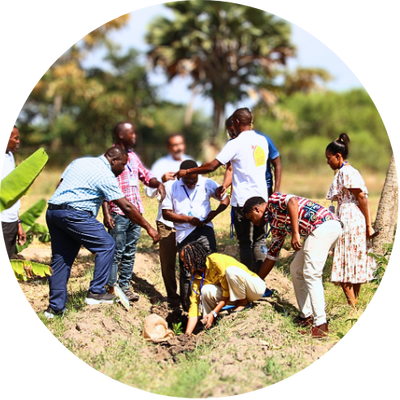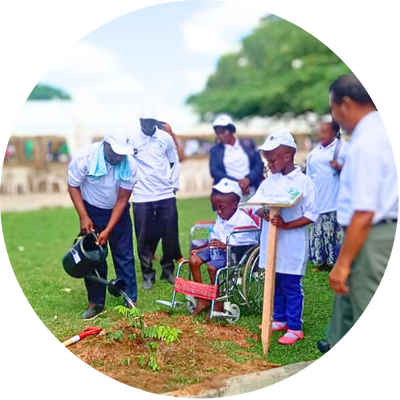Visit Child-Help International

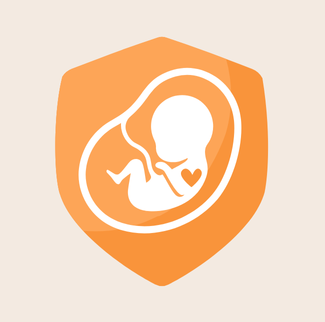
Shortly after birth, the child has to go through surgery to either close the back or drain excess fluid from the head. Any delay could cause permanent damage. Early and easy accessibility to readily equipped health centers can exponentially increase chances of avoiding permanent damage or even survival in some cases.
One of our main objectives is to make sure allied healthcare and parent-support centers are equipped with medical and surgical materials.

We make it our ultimate goal and duty to facilitate and ensure that people with Spina Bifida and Hydrocephalus receive services that are crucial for their survival and a sustainable future. These services include health insurance plans, transit homes that accommodate parents coming from rural areas for their children’s treatment, continence management training and follow-up, education, and assistive devices e.g., wheelchairs, crutches, transportation.
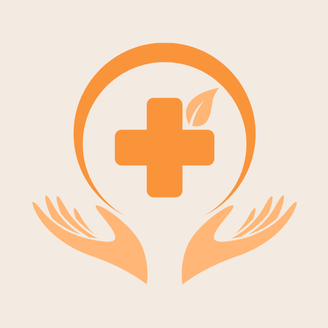
Upon proposing the campaign titled ‘Plant a tree to Pay Health insurance for infants with Spina Bifida and Hydrocephalus’, CHT submitted a request to the Dar es Salaam City Council for an Indorsement letter to facilitate the campaign’s Implementation……
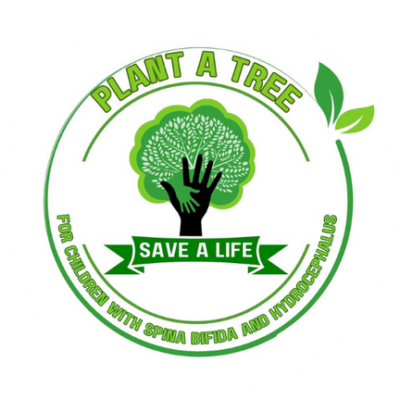
Child-Help Tanzania initially held a tree planting fundraiser campaign that lasted from January to October 2023. The goal was extensive, to provide life-long care for children with Spina Bifida and Hydrocephalus. With each tree donated, a child would receive essential life-long care services including health insurance, education, economic empowerment, assistive devices,etc. CHT succeeded to plant…….

On the 25TH of October, World Spina Bifida and Hydrocephalus Day, CHT began celebrating this special day by planting a tree. Tamara, a 3rd year student at Victoria High School, together with her two sisters, donated a tree for our children. We visited Tamara at school and requested to plant her tree there. She promised to take good care of it. We thank her and everyone who has donated to give a better life to children with Spina Bifida and Hydrocephalus.
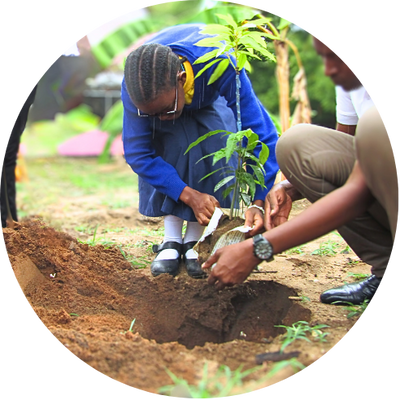
During the National CIC Workshop Held at Kitongo House of Hope, Mwanza (14th-23rd June, 2023) we had the honor of welcoming participants from various related fields of work. Some of the particiants donated trees for our children including……
